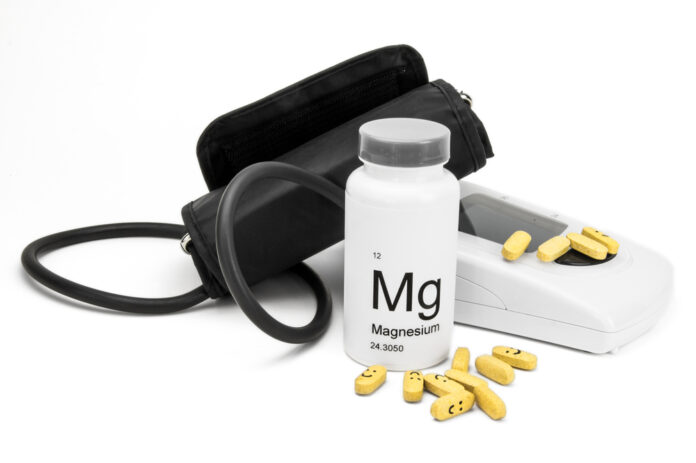
A magnesium deficiency is referred to medically as hypomagnesemia. More than 300 processes in the body involve magnesium. It makes a substantial contribution to:
- Muscle and nerve health
- Controlling blood pressure
- Energy synthesis in the cells of the body
- Creation of DNA and RNA
Magnesium, however, must come from a person’s diet because the body is unable to generate it. You may develop hypomagnesemia if you do not get enough of it or if you have an underlying medical condition that interferes with your ability to absorb or use magnesium.
How Many People Suffer from Inadequate Magnesium?
In the United States, about 48% of people do not consume enough magnesium through food. However, many healthy individuals won’t experience symptoms of inadequate magnesium consumption. Even people with mild hypomagnesemia may have no symptoms. For this reason, it might be hard to pinpoint that you have an issue until it is much later in development.
Hypomagnesemia Symptoms
For those who do have symptoms, the following might occur:
- Weakness and fatigue that results in twitches, especially in the face muscles
- Nausea and vomiting
- Mood swings that alter personality and may affect mental health
- Tremors
- Noticeable reflexes
- Constipation
- High blood pressure
- Asthma
- Irregular heartbeat
What Foods Are High in Magnesium?
Since our bodies do not make magnesium, you will need to either eat foods rich in magnesium or take supplements to increase your levels. Foods high in magnesium include the following:
- Almonds
- Pumpkins Seeds
- Dark Chocolate
- Cocoa
- Oats
- Coffee
Magnesium is often added to breakfast cereals and other processed foods to ensure we have appropriate levels. As long as you do not have a condition that affects your levels, there are several ways for you to ensure you don’t have a deficiency.
What Conditions Cause You to Lose Magnesium?
It is thought that many people do not get an adequate amount of magnesium, which is why it is added to a variety of foods. Fortunately, as mentioned earlier, most of us do not feel the effects of this as our bodies are able to hold on to enough magnesium. There are conditions that cause you to lose magnesium, though. Those conditions are listed below.
- Eating a low-magnesium diet consistently
- Having digestive illnesses like Crohn’s disease, celiac disease, or regional enteritis
- Magnesium loss through urine and sweat that is high due to hereditary abnormalities or alcohol consumption
- Being both pregnant and nursing
- Having had an extended hospital stay
- Hyperaldosteronism and Parathyroid abnormalities
- Type 2 diabetes
- Aging individuals
- Using specific drugs, such as diuretics, bisphosphonates, proton pump inhibitors, and antibiotics
If you are concerned about your levels of magnesium, talk with your physician. They should be able to help you determine if you should be worried and what actions to take.
https://ods.od.nih.gov/factsheets/Magnesium-HealthProfessional/
https://pubmed.ncbi.nlm.nih.gov/7368975/
https://www.ancient-minerals.com/magnesium-deficiency/causes-depletion/



















